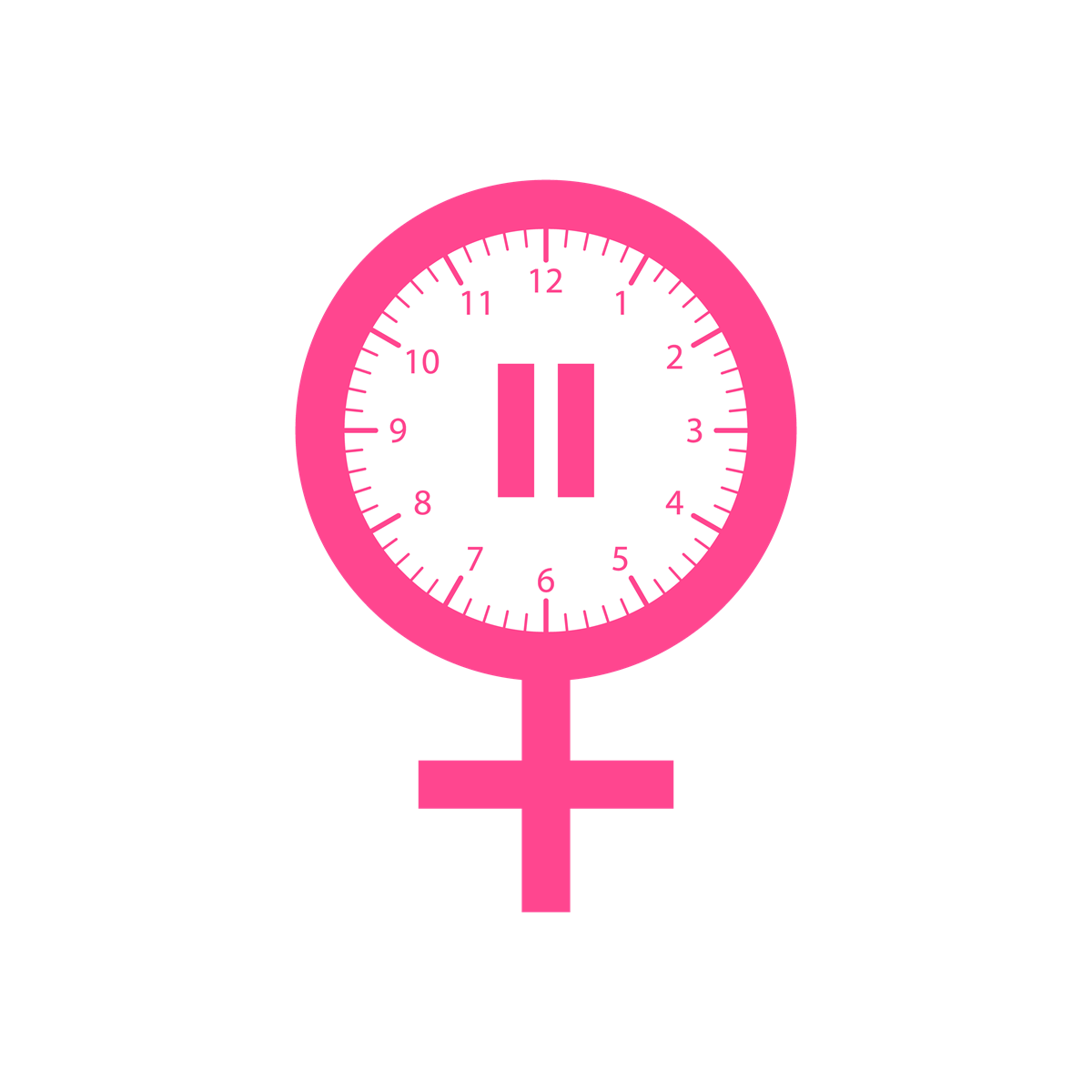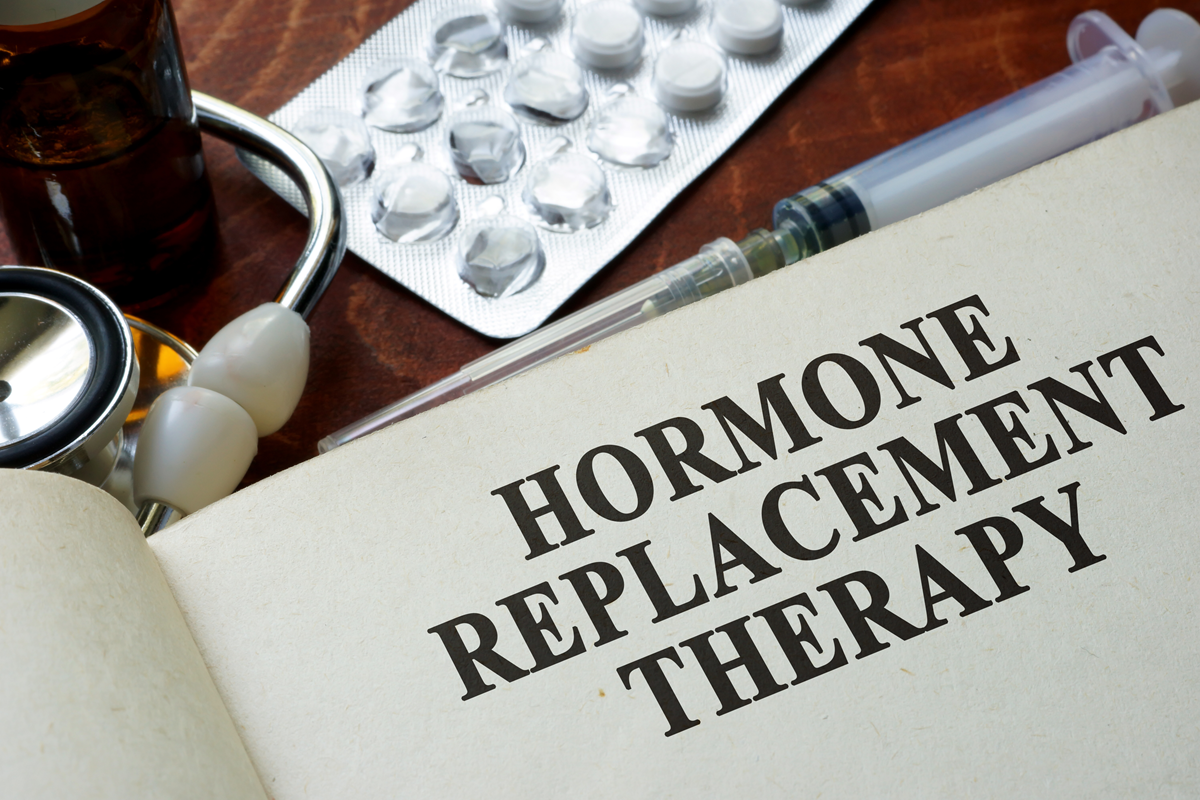What are the Risks of Not Using Hormone Therapy (HT) During Menopause?
Question: What are the Risks of Not Using Hormone Therapy (HT) During Menopause?
Our Response: From a clinical perspective, women who are about to enter menopause (the menopause transition) or those who are in menopause respond in one of two ways. Some experience minimal disruption in their quality of life, while others feel they have hit a wall. Yet, for both, failure of ovarian function leads to loss of estradiol, the fundamental cause of most menopausal symptoms. Estradiol plays two important roles during the reproductive years: blocking the body’s ability to elicit inflammation and pacifying neurons in our brain linked to heat control and influencing how much we absorb of what we eat. The consequences of estrogen loss are hot flashes, mood swings, weight gain, vaginal irritation, and risk to bone and cardiovascular health. Every woman will reach a time when her ovaries stop producing estradiol. Yet, the response to this transition is very personal. Some will not require HT. However, those who find they do need supplementation should start HT within five years of onset of menopause. It has been shown that initiating HT at greater than ten years into menopause does not provide the same health benefits. Additionally, for those women with severe vasomotor symptoms (hot flashes), failure to treat with HT is a known cardiovascular risk but is also linked to significant absenteeism at work and increased health-related costs. Bottom line: women without life-altering menopausal symptoms will do well with diet and exercise alone. Women with menopausal symptoms that influence their quality of life should start HT early for maximum benefit.
James Woods | 5/7/2019




